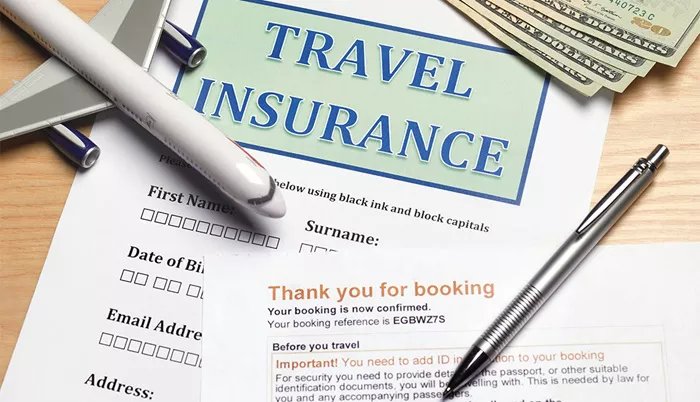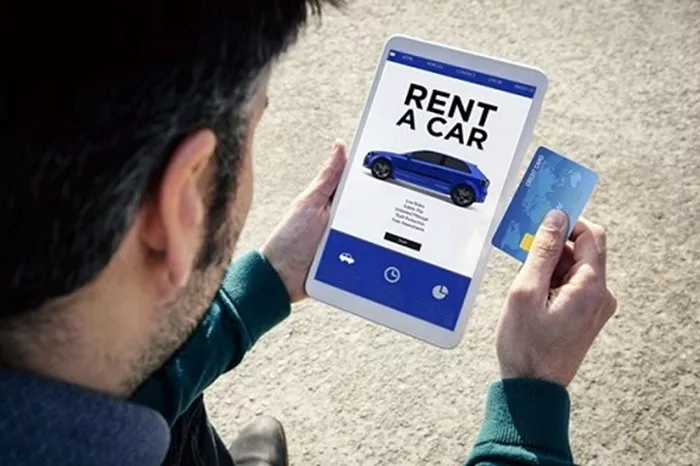1. Introduction
Traveling is an exciting venture, but it also comes with its share of uncertainties. From trip cancellations to medical emergencies abroad, unforeseen circumstances can arise, potentially leading to significant financial loss. Travel insurance is designed to protect travelers against such risks. However, a common question arises: when is the best time to buy travel insurance? This article explores the factors influencing the timing of purchasing travel insurance, various types of coverage, and why timely acquisition is crucial for your travel plans.
2. Understanding Travel Insurance
2.1. What is Travel Insurance?
Travel insurance is a policy that provides coverage for unforeseen events related to travel. It can protect against trip cancellations, medical emergencies, lost luggage, and travel delays. The goal is to minimize financial risks associated with travel.
2.2. Types of Travel Insurance
Trip Cancellation Insurance: Covers non-refundable costs if you cancel your trip for covered reasons.
Travel Medical Insurance: Provides coverage for medical expenses incurred while traveling abroad.
Baggage Insurance: Compensates for lost, stolen, or damaged luggage.
Comprehensive Travel Insurance: A combination of different types of coverage, offering extensive protection.
3. Why Timing Matters in Purchasing Travel Insurance
3.1. Financial Protection
Purchasing travel insurance promptly after booking your trip ensures you are protected from financial losses due to unforeseen cancellations or interruptions. Delaying can expose you to risks that could have been covered.
3.2. Coverage of Pre-existing Conditions
Many travel insurance policies include clauses regarding pre-existing medical conditions. Buying insurance soon after your trip is booked can help ensure these conditions are covered, as some policies require coverage to be purchased within a specific timeframe.
3.3. Cancellation for Any Reason
If you opt for “cancel for any reason” (CFAR) insurance, purchasing it shortly after booking may be necessary to qualify. CFAR often requires you to buy the policy within a set number of days post-booking.
See also: How Much is Cancel for Any Reason Trip Insurance? A Full Guide
4. When to Buy Travel Insurance
4.1. Immediately After Booking
Best for Cancellation Protection: The most effective time to purchase travel insurance is immediately after booking your trip. This ensures you are covered for any changes that may occur before your departure.
4.2. 30 to 60 Days Before Departure
Increased Health Risks: For travelers who may have health concerns, purchasing insurance 30 to 60 days before departure can provide coverage for pre-existing conditions if the policy allows.
Extended Planning: If you plan extensive activities or excursions during your trip, buying insurance well in advance gives you peace of mind.
4.3. A Few Days Before Departure
Last-Minute Travelers: If you have delayed purchasing insurance until just before your trip, it is still better to get coverage than to travel uninsured. However, be aware that you might miss out on certain benefits, such as coverage for pre-existing conditions.
5. Factors to Consider When Buying Travel Insurance
5.1. Destination Risks
Understanding the risks associated with your travel destination can influence when you buy travel insurance. Countries with higher medical costs or political instability may necessitate purchasing insurance sooner.
5.2. Travel Duration
Longer trips increase the likelihood of unexpected events. For extended travels, consider buying insurance as soon as your plans are finalized.
5.3. Personal Health and Circumstances
If you or a traveling companion have pre-existing medical conditions, consider purchasing insurance immediately after booking to ensure those conditions are covered.
6. How to Purchase Travel Insurance
6.1. Research Providers
Start by researching reputable insurance providers. Look for companies with positive customer reviews and a history of excellent customer service.
6.2. Compare Policies
Obtain quotes from multiple insurers to compare coverage, limits, and premiums. Make sure to assess the specific terms and conditions of each policy.
6.3. Read the Fine Print
Before finalizing your purchase, read the policy details thoroughly to understand what is covered, what isn’t, and any exclusions that may apply.
7. Common Misconceptions About Travel Insurance
7.1. Travel Insurance is Only for Emergencies
Many travelers believe insurance is only necessary for emergencies. In reality, it also covers cancellations, interruptions, and lost luggage, making it beneficial for various situations.
7.2. All Policies are the Same
Not all travel insurance policies offer the same coverage. Variations exist in terms of what is included, so it’s essential to read and compare different policies.
7.3. It’s a Waste of Money
While some travelers view travel insurance as an unnecessary expense, the financial protection it offers can save you from significant losses, making it a worthwhile investment.
8. Benefits of Purchasing Travel Insurance Early
8.1. Greater Coverage Options
Buying early gives you access to a wider range of coverage options, including those that may have restrictions based on timing.
8.2. Peace of Mind
Knowing that you are protected well in advance can alleviate stress and allow you to focus on enjoying your trip.
8.3. Enhanced Claims Process
In the event of needing to file a claim, having a well-documented insurance policy purchased well in advance can simplify the process.
9. Potential Risks of Delaying Travel Insurance
9.1. Increased Financial Risk
Delaying the purchase of travel insurance exposes you to financial loss due to cancellations or emergencies that could have been covered.
9.2. Coverage Gaps
Waiting too long may result in gaps in coverage, particularly for pre-existing medical conditions or specific types of cancellations.
9.3. Missed Benefits
Certain benefits may only be available if you purchase insurance within a specified timeframe. Delaying could mean missing out on valuable protection.
10. What to Do if You Forget to Buy Travel Insurance
10.1. Last-Minute Purchase
If you realize too late that you need travel insurance, purchase it immediately. While you may not receive comprehensive coverage, any insurance is better than none.
10.2. Consult with Providers
Reach out to insurance providers for advice on last-minute options. Some may have policies specifically designed for late purchasers.
11. Conclusion
Knowing when to buy travel insurance is crucial for ensuring that you have the necessary protection for your trip. While the optimal time to purchase is immediately after booking, understanding your personal circumstances and travel plans can help you decide the best timing for your insurance needs. By being proactive and informed, you can enjoy your travels with confidence, knowing you are safeguarded against unforeseen events.
This outline provides a detailed structure for a comprehensive article on when to buy travel insurance. If you need specific details or additional sections, let me know!




















